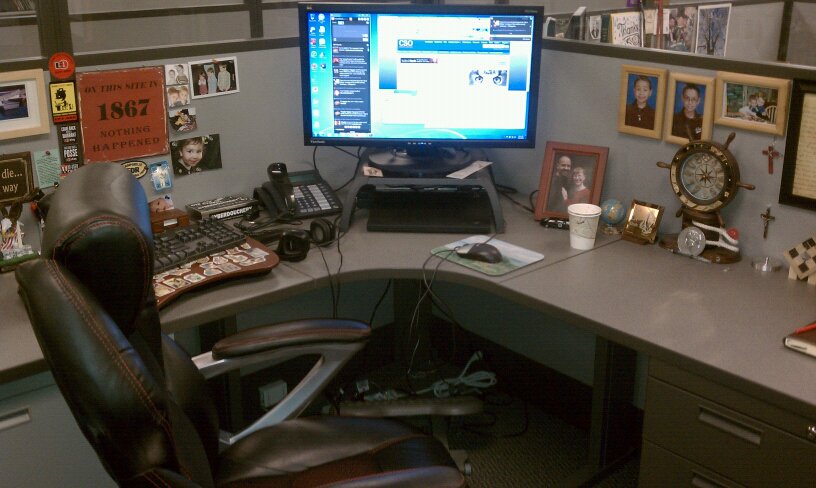I used to fit the “I hate Monday” stereotype perfectly. In fact, that first day of the work week used to fill me with terror. I’d start to get depressed Saturday night because it meant the weekend was halfway done. I’d get so worked up on Sundays that I’d short circuit and sleep most of the afternoon away.
Now I love Mondays. When someone complains about it, I laugh or roll my eyes, conveniently forgetting that I used to get that way.
Mood music:
So why the turnaround? It wasn’t immediate.
Learning to manage my depression certainly helped.
I used to get overwhelmed by all the work I usually had to do on Mondays and Tuesdays, which were the busiest, longest days of the week when I was a reporter and editor for weekly newspapers. Those were the days when you had all the municipal meetings to cover and all the writing to do. I used to write all five-seven stories a week in one day.
That kind of disorganization made life messy on its own. But my unchecked OCD and depression made it worse, and I wasted many weekends on worry as a result.
Finding the right medication and developing an arsenal of coping tools went far in changing how my brain processes things. Finding my career groove helped, too.
When I saw work as a massive pile of shit to be shoveled every week, the depression was inevitable. In more recent years, particularly the last eight, I’ve been blessed with work I love.
I’m happy to put it down on the weekends. But now I see Mondays as that time when I can dive back into creative mode.
There are things I do so I can start the week right:
- I make lists of things to do for work and home. Writing a list means I don’t have to keep rehashing the agenda in my head over and over again.
- I get to bed fairly early on Sunday night.
- I plan out my breakfast and lunch for the week. Otherwise, I’d starts the week eating from the drive-through and wouldn’t stop.
- I play a lot of guitar on Sunday. I play guitar daily, mind you, but those Sunday sessions have become critical to my mental equilibrium.
It’s Sunday night as I write this, and I’m feeling just fine.



